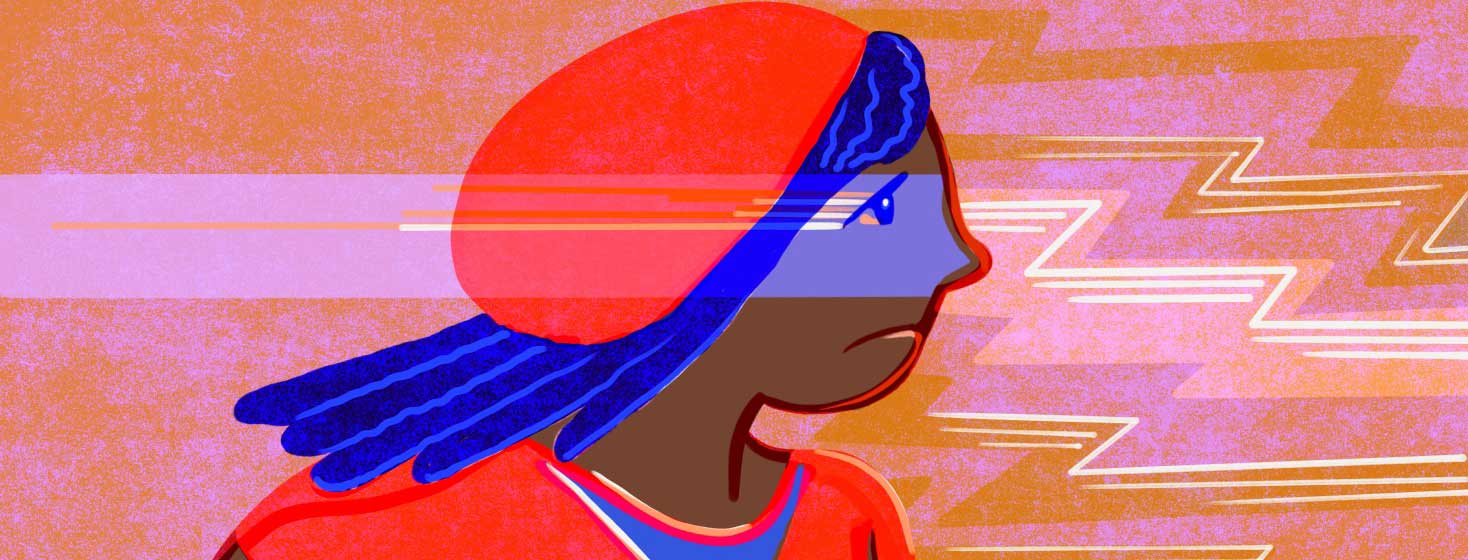The Power of the Words We Tell Ourselves
I didn't fully realize how much my physical health impacted my mental health until recently. Sure, I know I've struggled with depression, anxiety, and anger as part of my medical PTSD from my past medical experiences.
But when I'm not amid a bout of depression or anxiety, it still severely impacts my mental health, even just temporarily. And yet...I hadn't ever paid attention to those moments.
Describing myself in 25 words
I discovered this for myself on a day when I wasn't physically feeling well, and I was asked to describe myself in 25 words. Every single word I used was...negative. Every. Single. Word. I could not for the life of me think of myself in a positive light in that moment of physical distress.
That's when it hit me. When I'm not feeling decent physically, my mental health plummets. It may bounce back the next day or even a few hours later, but until then, I'm in a dark hole.
Struggling to see the good in myself
The next day in counseling, my counselor asked me to try again. I thought. And thought. And I couldn't think of a positive word to describe me.
Finally, she broke my silence and said, "You're resilient." I couldn't even agree with her. I shrugged my shoulders and said, "Ok." It took another day before I felt well enough physically to be able to think of myself positively – to see the good in myself.
Defining (and changing) our core beliefs
The more we tell ourselves something, the more we will believe it, and it can become our core belief. This can be anything, positive or negative, healthy or unhealthy. The language we use to talk to ourselves and how we see ourselves is critical in developing our core beliefs about ourselves and the world.
We must tell ourselves something different to change the scripts that play in our minds. Over time, with consistent effort, we can change those scripts and effectively change core beliefs. It's not an easy process, but it is doable.
Making small tweaks to negative thoughts
Not only do we have thousands of thoughts a day, but we must also learn to catch our thoughts to start changing them. Changing a thought doesn't have to be drastic; it just requires a mere tweak. Listing a negative, discouraging thought and changing it by a word or 2 can make the thought more positive and encouraging.
"I'm not able to do XYZ" can become "I may not be able to do XYZ, but I can still do ABC," or "I can do XYZ in these modified ways."
There's a lot of power even in just the word "Yet."
"I can't do this, YET."
"I haven't learned this, YET."
What I like about daily affirmations
Reading or listening to daily affirmations is also helpful in changing the scripts we tell ourselves. I like this because it can be an auditory or visual reminder so we are not relying only on our ability to catch the unhealthy thoughts amidst the thousands of thoughts we have daily.
Some prefer to do this by posting an affirmation around their homes as a visual reminder. Phone applications available for download will automatically generate a daily affirmation to read or listen to and even provide a notification reminder.
Keeping myself out of the dark hole
Understanding the language I use to think about myself or the world, the feelings I attach to those words, and how that creates my core beliefs allows me the opportunity to re-examine my core beliefs.
Which ones are healthy? Which are unhealthy? Which ones do I want to keep? Which ones do I want to change? How do I want to change the language I use in my thoughts to change the unhealthy core beliefs that are not helpful and not serving me?
Such questions and efforts can help prevent me from falling into that dark hole of emotional distress whenever I'm in physical distress.
What about you? Do you find that your physical health impacts your mental health? What strategies do you practice, or want to try, to help transform negative thoughts? Share with our community in the comments below.

Join the conversation